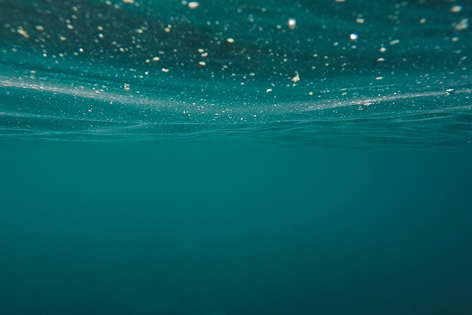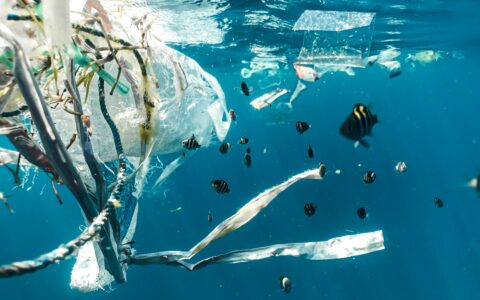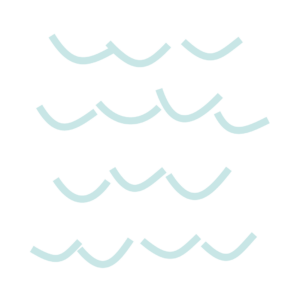01.12.2022 | Case story
Microplastics ending up in the Baltic Sea causes environmental pollution and poses a serious risk for marine animals. With grant financing from the Baltic Sea Action Plan Fund, Sofi Filtration sought out plastics processing companies in Finland and Sweden and offered them a solution to remove microplastics from industrial waste.
Finnish cleantech company Sofi Filtration received grant financing from the Baltic Sea Action Plan (BSAP) Fund to study the market for plastics production and develop a solution for microplastics removal from production waste. Implemented during 2020-2022, the project aimed to assess the need for microfiltration in the plastics industry in Sweden and Finland and the potential impact on the Baltic Sea. The first part of the project provided an overview of the industry as well as the regulations and laws on plastics in Finland and Sweden. The second part of the project focused on developing and testing filtration solutions.
- The best method to prevent microplastics ending in the Baltic Sea is to remove and recover them from industrial wastewater
- Sofi Filtration’s innovative water treatment technology can remove plastics particles as small as 0.3 µm from water flows.
- The Baltic Sea Action Plan Fund speeds the implementation of projects aiming for a healthier Baltic Sea
Plastics production contributes to environmental pollution
In 2018, global plastics production reached 360 million tonnes. The European Chemical Agency proposed restrictions on the use of intentionally added microplastics in products, which are to be adopted in 2022. Environmental regulations regarding plastics in wastewater, in particular microplastics, are not as strictly defined and are usually enforced at factories on a case-by-case basis.
Microplastics can pass through municipal wastewater treatment plants and mix with many other types of solid contaminants. In 2015 in Finland alone, there were 530 companies manufacturing plastics with an estimated discharge of 22 tons of plastic waste per annum. The best method to prevent the problem is to remove and recover microplastics from industrial wastewater.
In 2015 in Finland alone, there were 530 companies manufacturing plastics with an estimated discharge of 22 tons of plastic waste per annum.
Pilot unit for microplastics removal proves its effectiveness
The plastics industry comprises raw material manufacturing, plastics refining, plastics product manufacturing and plastics recycling. Each of these processes can release microplastics to water flows. Market research performed as part of the project showed that there are many industrial facilities in the Nordics where microplastics can be filtered.
As part of the project, Sofi Filtration approached Finnish and Swedish companies from these sectors and offered test treatments of effluent with their filter pilot unit. With the Sofi Filtration pilot unit, it was possible to test the water samples and offer these companies an opportunity to test Sofi Filtration technology on site.
Overall, the tests proved the applicability of Sofi Filter, an innovative water treatment technology that can remove plastics particles as small as 0.3 µm from water flows. Some tests presented challenges due to difficulties in analysing the collected samples and the need for a pre-treatment process for larger particles. With a Nordic partner yet to be found, Sofi Filtration has launched a project with a partner in California, USA. It is expected that positive results from the ongoing project in the USA will encourage potential customer interest.


Searching for other options to support a healthier Baltic Sea
Further research into suitable applications for the Sofi Filter is currently ongoing. One potential application area for the filtering unit is wastewater from melting snow before it is discharged to the Baltic Sea. Since the snow is collected from roadsides and melted with special equipment, the microplastic content (mostly from tire wear) should be high, increasing the feasibility of filtering.
Over the course of the project, Sofi Filtration technology proved capable of filtering microplastics from wastewater. The company plans to continue investing in the search for analytical partners and developing the system design to address different types of contaminants in wastewater.
About the BSAP Fund
The Baltic Sea Action Plan Fund (BSAP Fund) was set up in 2010 to help speed up the implementation of the Baltic Sea Action Plan (BASP), adopted by the HELCOM countries in 2007, which includes 200 concrete actions aiming for a healthier Baltic Sea. The key purpose of the BSAP Fund is to facilitate and speed up the preparation of bankable projects from both public and private entities. Until the end of 2022 the BSAP Fund has funded 47 finalised demonstrable project raging from nutrient recycling, manure management, small-scale sanitation plants or harbour facilities for wastewater management. The fund is co-managed by Nordic Investment Bank (NIB) and Nefco with contributions from Sweden and Finland.
